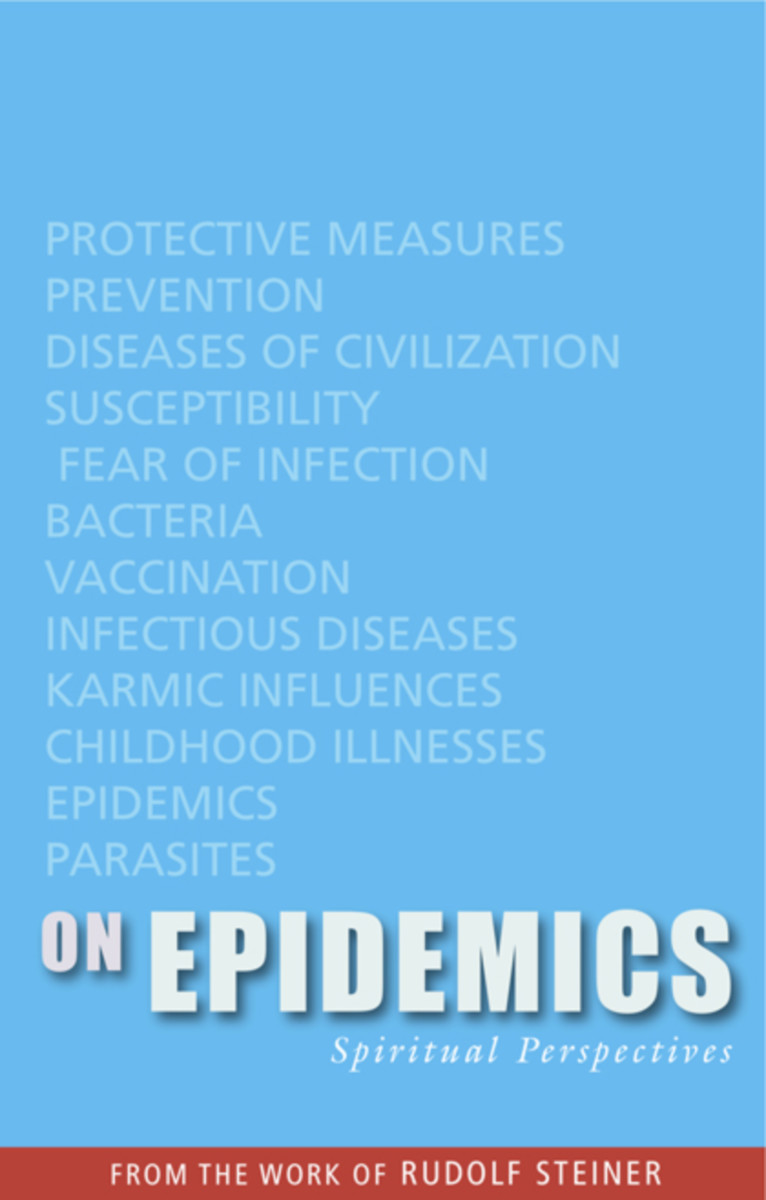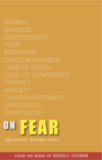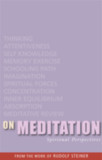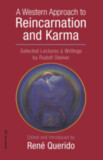On Epidemics
Spiritual Perspectives
Paperback
December 2012
9781855842625
More details
- Publisher
Rudolf Steiner Press - Published
20th December 2012 - ISBN 9781855842625
- Language English
- Pages 72 pp.
$15.00
“If we can bring nothing up out of ourselves except fear of the illnesses that surround us at the seat of an epidemic, and if we go to sleep at night filled with nothing but thoughts of this fear, then we create unconscious replicas, imaginations, drenched in fear. And this is an excellent method for nurturing bacteria.” —Rudolf Steiner
Based on brief, pithy quotations from Rudolf Steiner’s collected works, the “spiritual perspectives” in this volume present core concepts on the subject of epidemics. These brief extracts do not claim to provide exhaustive treatment of the subject, but open up approaches to the complexity of Steiner’s extraordinary world of ideas. Some readers will find these fragments sufficient stimulus in themselves, while others will use the source references as signposts toward deeper study and understanding.
C O N T E N T S:
1. Epidemics and Infection
2. Karma and Epidemics
3. The Spiritual Background of Epidemics
4. Protection during Epidemics
5. Present Causes of Future Epidemics
Notes
Sources
Rudolf Steiner
Rudolf Steiner (b. Rudolf Joseph Lorenz Steiner, 1861–1925) was born in the small village of Kraljevec, Austro-Hungarian Empire (now in Croatia), where he grew up. As a young man, he lived in Weimar and Berlin, where he became a well-published scientific, literary, and philosophical scholar, known especially for his work with Goethe’s scientific writings. Steiner termed his spiritual philosophy anthroposophy, meaning “wisdom of the human being.” As an exceptionally developed seer, he based his work on direct knowledge and perception of spiritual dimensions. He initiated a modern, universal “spiritual science” that is accessible to anyone willing to exercise clear and unbiased thinking. From his spiritual investigations, Steiner provided suggestions for the renewal of numerous activities, including education (general and for special needs), agriculture, medicine, economics, architecture, science, philosophy, Christianity, and the arts. There are currently thousands of schools, clinics, farms, and initiatives in other fields that involve practical work based on the principles Steiner developed. His many published works feature his research into the spiritual nature of human beings, the evolution of the world and humanity, and methods for personal development. He wrote some thirty books and delivered more than six thousand lectures throughout much of Europe. In 1924, Steiner founded the General Anthroposophical Society, which today has branches around the world.








